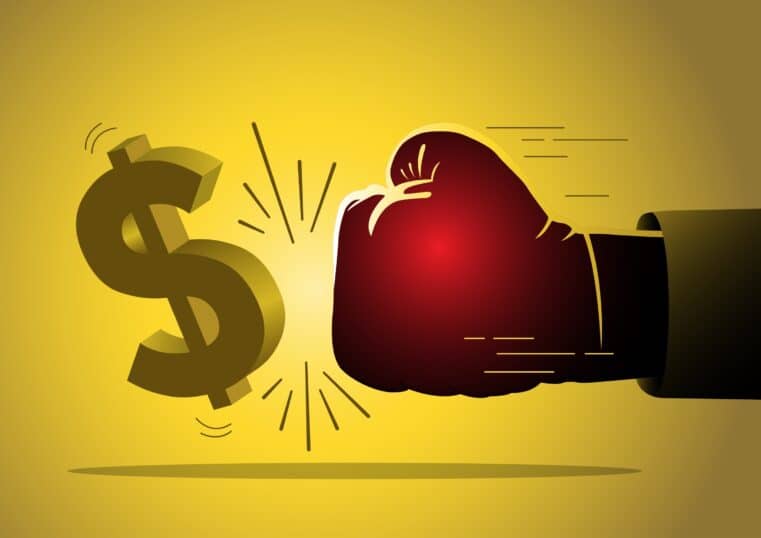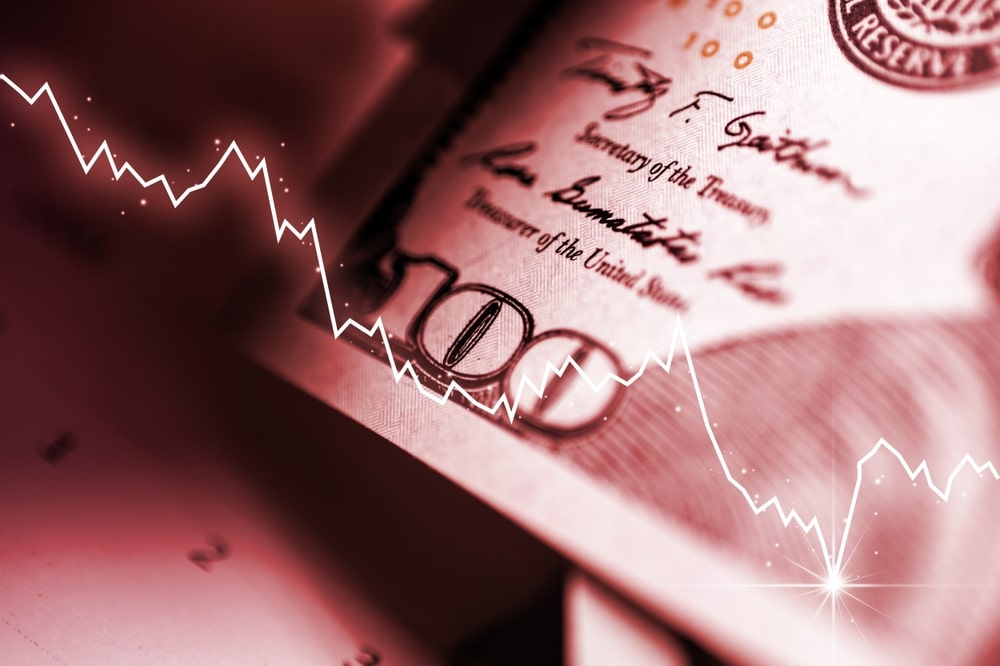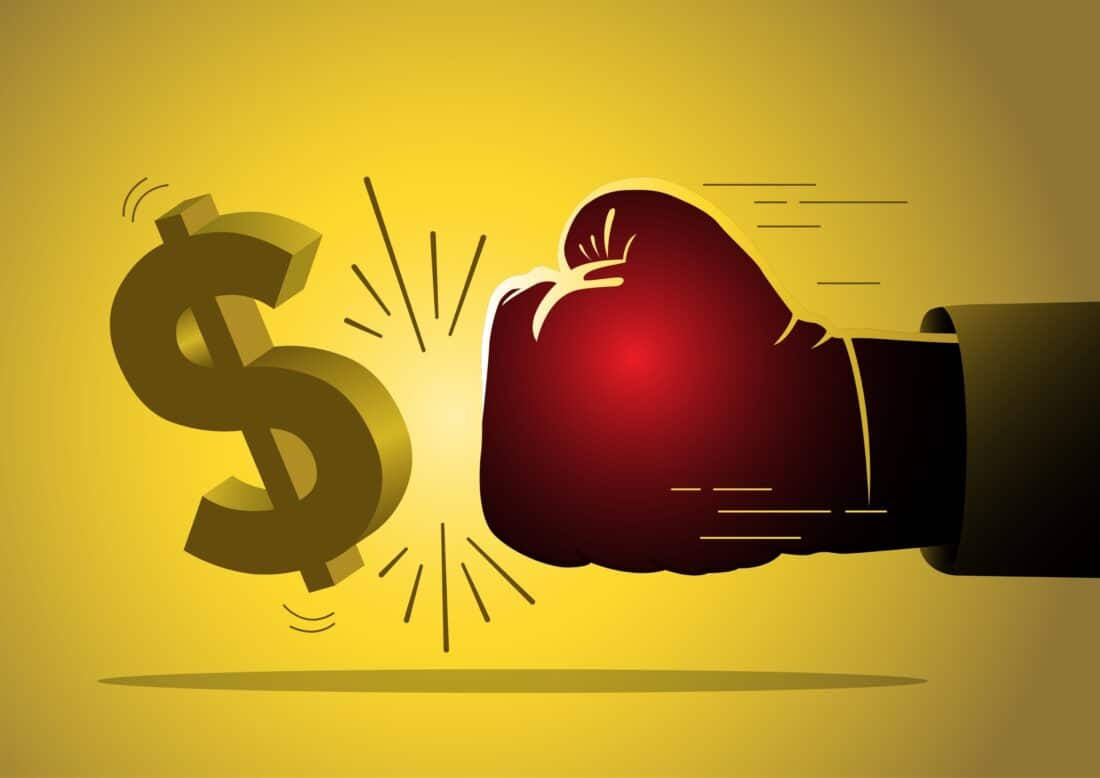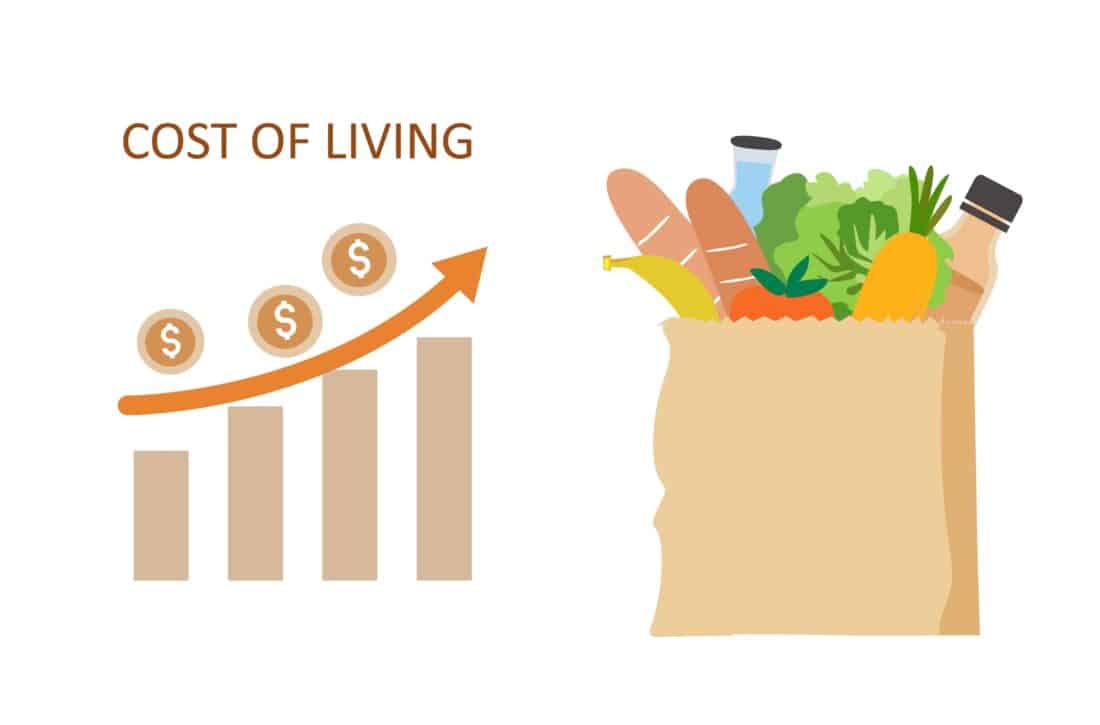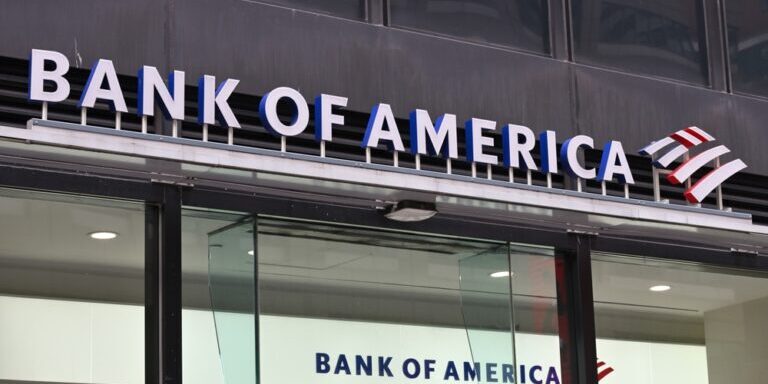
US Banks Reveal Cracks in the Economy
While inflation is starting to fall, months of high prices have harmed a key sector of the economy: American banks.
Large banking institutions – including Citi, JPMorgan Chase, and Wells Fargo – released their earnings reports on Friday, and they included several indications that consumers continue to struggle amid sticky inflation and rising debt, as reported by The New York Times.
The news from JPMorgan and Wells Fargo was good for borrowers but bad for the banks as they reported a decline in overall deposits, prompting them to raise the average interest rates on checking and savings accounts to entice patrons to move more funds into their accounts.
High interest rates have made borrowing money less attractive, cutting into a major revenue source for banks and offsetting any increase in profits offered by higher interest rates on loans.
Following the Wells Fargo (WFC) earnings report, which showed the bank’s net interest income declined by nine percent to $11.9 billion, the price of WFC shares closed roughly six percent lower, with CEO Charles Scharf noting that loan demand from businesses “remained tepid.”
Overall, Wells Fargo reported a profit of $4.9 billion, a slight decrease year-over-year (YoY), with revenues of $20.7 billion, up one percent from last year.
One of the biggest barriers to success for the bank is ongoing customer remediation costs, which have been driving up expenses for the firm following multiple scandals and suspect business practices. This includes the creation of fake accounts for customers without their consent, which resulted in the wrongful repossession of some borrowers’ cars and homes, along with improperly assigned overdraft fees.
In 2018, the Federal Reserve imposed an asset cap on the bank in response to the scandals, which prevented it from expanding beyond its current size. The bank has since paid billions in fines and customer refunds as recompense for their misdeeds.
“We’re focused on investing in growing the business,” Scharf said on a call with analysts. “We’re focused on spending what’s necessary to build the right risk and control infrastructure.”
The bank saw account balances decline across the board. The report showed more borrowers had trouble keeping up with their loans – with Wells Fargo seeing a YoY net increase in charge-offs of more than 70% to $1.3 billion – while the firm’s reserves for credit losses dropped compared to a year ago.
Michael Santomassimo, chief financial officer at Wells Fargo, noted that while inflation is slowing, it is “still cumulatively having a big impact,” especially for lower-income households.
“The folks on the lower end of the wealth or income spectrum are struggling more than folks that are on the higher end,” Santomassimo said, adding that their credit card balances are growing as savings accumulated from pandemic stimulus programs diminish.
During Citi’s (C) earnings report, the bank also warned that clients on the lower end of the economic spectrum have been the hardest hit by high inflation and stagnant wages.
“We’re watching very closely the impact of inflation and the impact of interest rates” on lower-income customers, Citi chief financial officer Mark Mason told reporters. While Citi reported higher-than-expected profits, shares of C registered a 5% decline in trading on Friday amid broader weakness.
Losses from credit also rose at Citi, which the bank partly blamed on inflation and higher interest rates.
JPMorgan, the largest bank in the U.S., showed mixed results, with $13.1 billion in profit to go along with more than half a billion dollars in losses from the sales of underperforming mortgage investments, among others losing investments.
The firm's investment banking and trading businesses helped offset the losses, and a one-time windfall from the sale of shares in Visa also helped boost the bank’s bottom line.
“The geopolitical situation remains complex and potentially the most dangerous since World War II – though its outcome and effect on the global economy remain unknown,” Jamie Dimon, CEO of JPMorgan, said in a statement.
While all three banks saw struggles with the ordinary savings and loans that make up the lenders’ consumer arms, lending activities with institutional clients held up well and supported their overall operations.
The key takeaway from the earnings reports is that mounting credit card balances and risks from investments in commercial real estate continue to pose significant headwinds for the economy.
Monday saw a bounceback in the stock prices for all three banks amid rising hopes that the Federal Reserve will lower interest rates in September and that pending bank regulations will be eased.
This article originally appeared on Kitco.





